
Target-led treatments for lung cancer – are they moving to the next level?
Antibody–drug conjugates may represent a step up from existing therapeutic options, but further optimisation and biomarker analyses are required.

Antibody–drug conjugates may represent a step up from existing therapeutic options, but further optimisation and biomarker analyses are required.
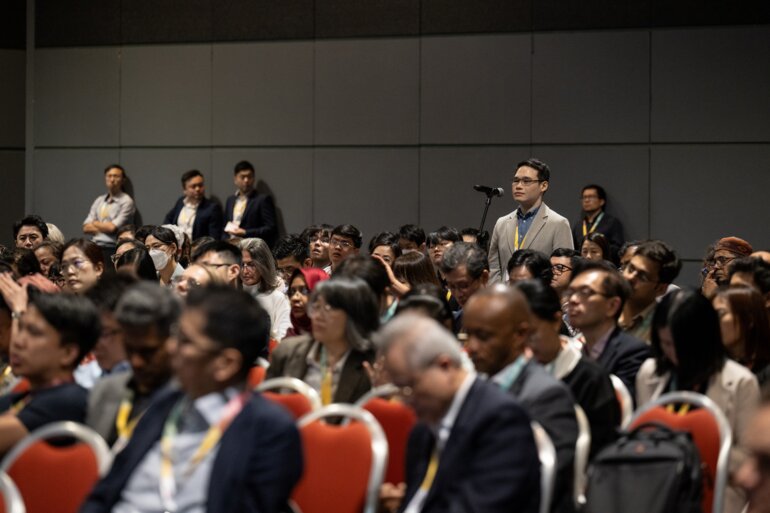
Additional treatment targets and potentially repurposable agents were identified based on chemoradiotherapy response, which could now be explored for further validation.

Global cooperation is needed to improve trial design and expedite new treatments specifically in low- and middle-income countries
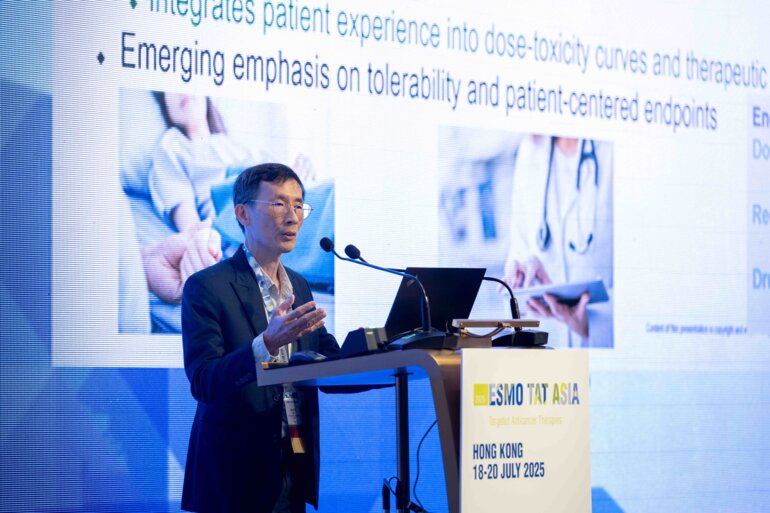
Findings from studies show that patient-centred evidence can inform decisions in early-phase cancer research
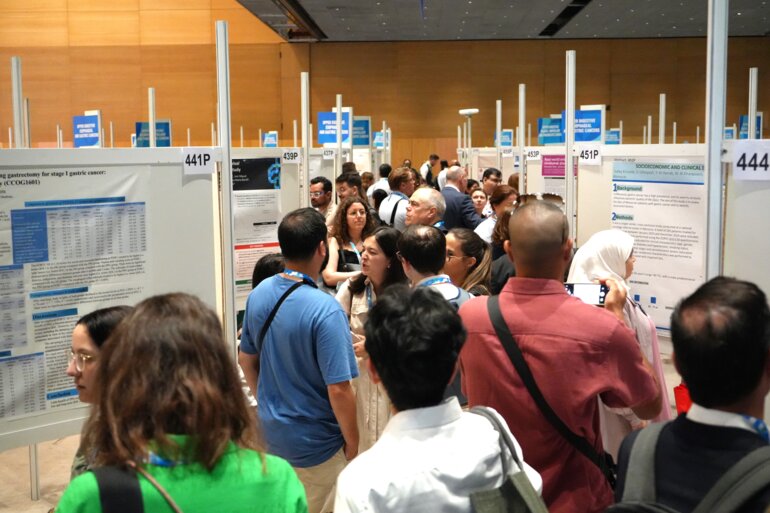
Randomised trials and real-world data propel the anti-EGFR rechallenge approach towards standard of care, but more solid evidence is needed
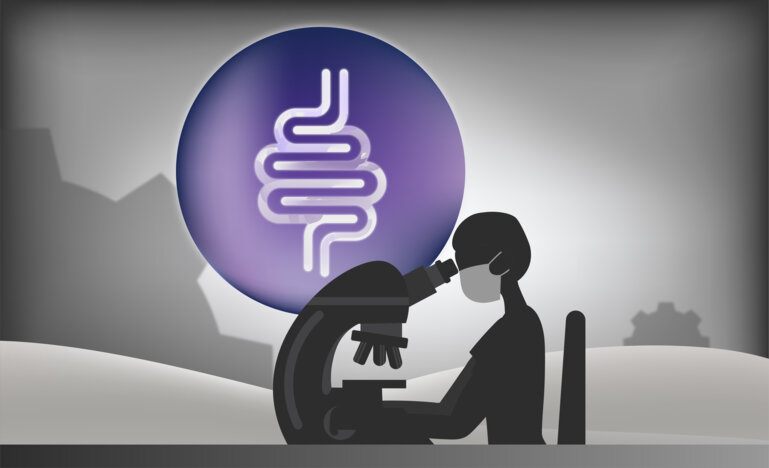
Despite greater attention being given to treatment effects on patient wellbeing, the high heterogeneity of methodologies still limits the usefulness of QoL assessment
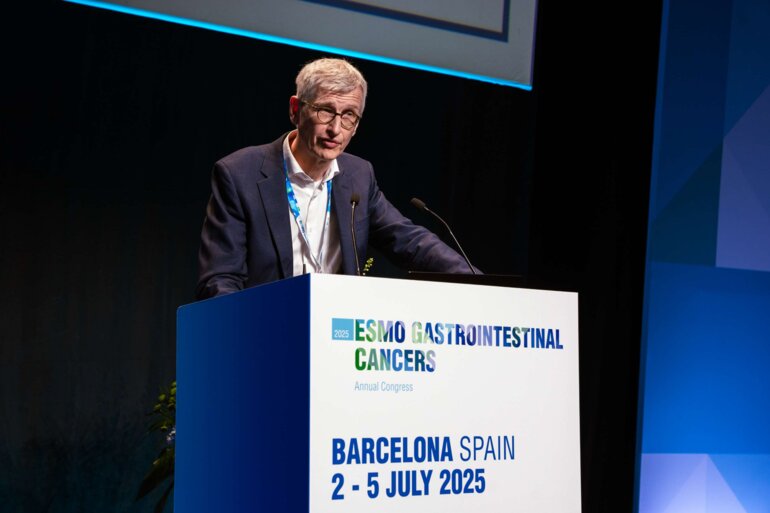
Preliminary results revealed that the combination of claudin 18.2/4-1BB bispecific antibody with nivolumab and mFOLFOX was also well tolerated

Findings from the NeoADAURA and the CheckMate 816 provide novel insights on the role of neoadjuvant osimertinib and nivolumab in the perioperative setting

Final analyses of the PICCOLO trial confirm the efficacy of the antibody–drug conjugate in recurrent platinum-sensitive ovarian cancer
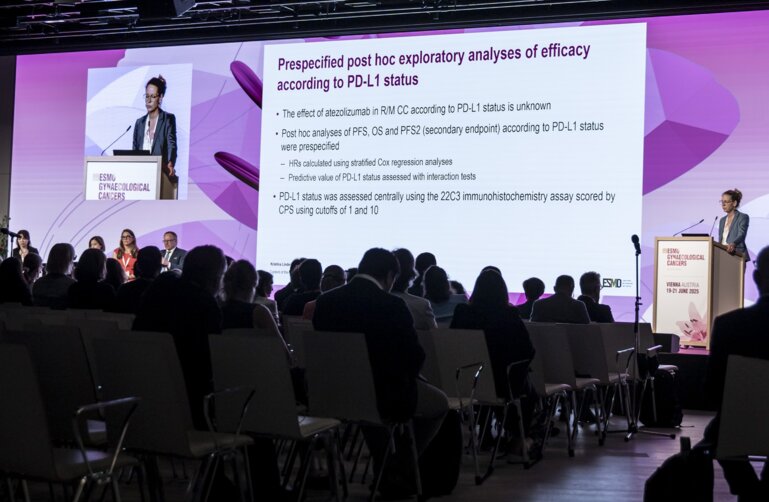
An analysis of the BEATcc trial showed that PD-L1 is not a robust biomarker for response to treatment
This site uses cookies. Some of these cookies are essential, while others help us improve your experience by providing insights into how the site is being used.
For more detailed information on the cookies we use, please check our Privacy Policy.
Necessary cookies enable core functionality. The website cannot function properly without these cookies, and you can only disable them by changing your browser preferences.